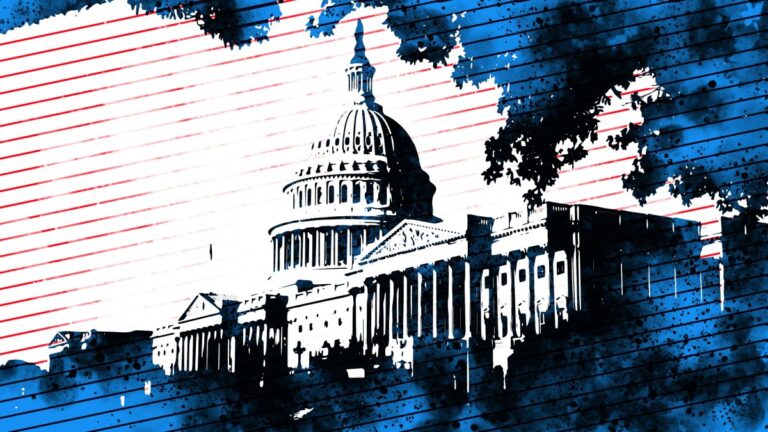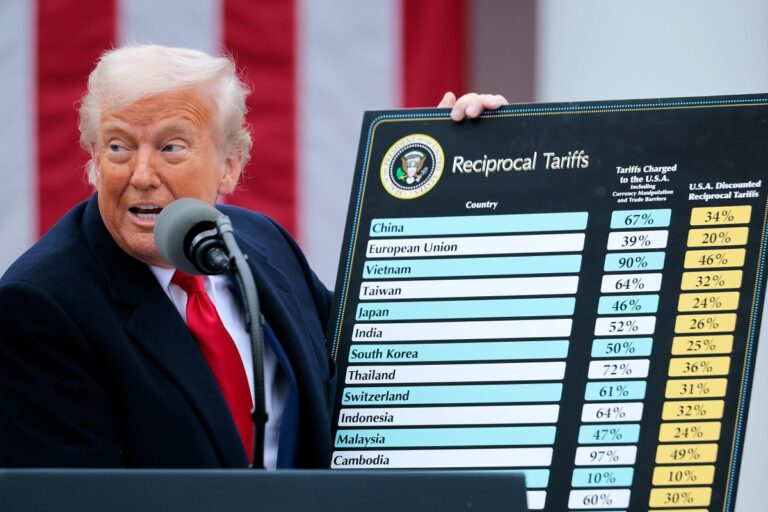2025: A Surge of AI Legislation as US Lawmakers Introduce Hundreds of New Bills
As we dive deeper into 2025, the landscape of artificial intelligence legislation in the U.S. has significantly evolved. With a staggering 781 pending AI bills, this figure surpasses the total number of AI-related bills proposed throughout all of 2024.
Overview of AI Bills in 2025
According to a tracking tool developed by the consulting firm MultiState, the current count of pending AI bills has already exceeded the previous year’s total of 743. This dramatic increase highlights the growing urgency among lawmakers to address the implications and regulations surrounding artificial intelligence.
Comparison of AI Bills by Year
- 2023: Fewer than 200 AI-related bills proposed.
- 2024: 743 AI bills introduced.
- 2025: 781 AI bills pending in just 66 days.
Recent Notable AI Legislation
Several important bills have recently been proposed, showcasing the diverse approaches states are taking towards AI regulation:
- Maryland’s H.B. 1331: Aims to regulate the development and use of high-risk AI in significant decision-making processes.
- Texas Responsible AI Governance Act: A comprehensive legislative proposal to ensure responsible AI practices within the state.
- Massachusetts’ HD 3750: Requires healthcare insurance providers to disclose the use of AI when reviewing insurance claims.
Challenges at the Federal Level
The surge in state-level AI legislation can be largely attributed to the lack of action at the federal level. Currently, Congress has faced challenges in establishing a comprehensive AI framework comparable to the European Union’s AI Act. The Trump administration has shown limited interest in pursuing aggressive AI governance.
In late January, former President Trump signed an executive order directing federal agencies to foster AI development that is free from ideological bias. This initiative aims to promote human flourishing, enhance economic competitiveness, and ensure national security. However, major congressional AI legislation remains unendorsed.
As we continue into 2025, the evolving landscape of AI legislation will undoubtedly shape the future of technology and governance in the United States.
For more insights on the implications of AI legislation, visit our AI Regulations page or check out this Euractiv article for a comparison with global standards.







